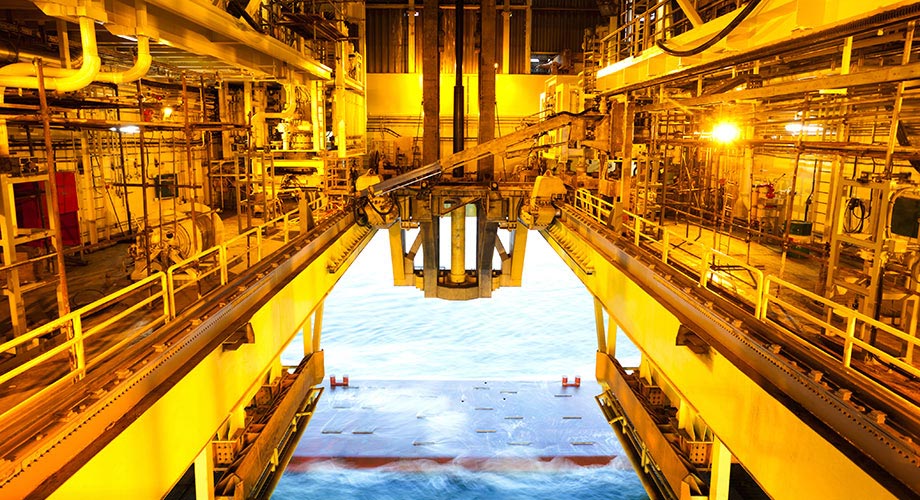

By the end of this course, delegates will be able to:
Construction Engineers, Senior Construction Engineers, Construction Supervisors, Construction General Supervisors, Construction Project Managers, Engineering Technologists, Supervision Engineer, Inspection Engineers, Civil Inspectors, Foremen, Design Structural Engineers, Planners, Structural Engineers, Material Specialists, Quality Control and Quality Assurance Experts, Architects, Supervision Engineers, Team Leaders, Site Officers and Managers, Mechanical Engineers, Technical Professionals, Field Production Supervisor, Operation Engineers, Clients Representatives, Associate Project Managers, Project Managers, IT Project Managers, Project Coordinators, Project Analysts, Project Leaders, Senior Project Managers, Team Leaders, Product Managers, Program Managers, Project Sponsors, Project Team Member.
Understanding How to Ensure Oil & Gas Projects Succeed
Getting Started - Using Core Planning Techniques
Mastering Collaboration and Communication Techniques
Monitoring and Controlling Project Performance
Dealing with Changes and Project Recovery
CDGA attendance certificate will be issued to all attendees completing a minimum of 80% of the total course duration.
| Code | Date | Venue | Fees | Register |
|---|---|---|---|---|
| CE159-02 | 11-05-2026 | Istanbul | USD 5950 | |
| CE159-03 | 19-07-2026 | Dubai | USD 5450 | |
| CE159-04 | 06-12-2026 | Cairo | USD 5450 |

This course is intended for structural and civil engineers who are interested in the quality control and QA with the most recent non-destructive testing for concrete and steel structure.

In this course you will learn the respon¬sibility of QA/QC in the construction in¬dustry specifically and direct to the point, how to develop quality plan, method statement, inspect, audit and engage ...

In today’s turbulent fast-moving business environment, it is vital that organizations are able to predict the realization of value from their work. One of the most dominant approaches to the generatio ...

In today’s fiercely competitive and fast changing business environment, delivery of high quality project outcomes is the key to organizations’ survival and prosperity. Managers are constantly seeking ...

Does your project organization’s decisions provide clear guidance to future projects? Today, large projects in the oil and gas industry face daunting challenges as they become increasingly complex, in ...
Providing services with a high quality that are satisfying the requirements
Appling the specifications and legalizations to ensure the quality of service.
Best utilization of resources for continually improving the business activities.
CDGA keen to selects highly technical instructors based on professional field experience
Since CDGA was established, it considered a training partner for world class oil & gas institution
3012, Block 3, 30 Euro Business Park, Little Island, Co. Cork, T45 V220, Ireland
Mon to Fri 09:00 AM to 06:00 PM
Contact Us anytime!
Request Info